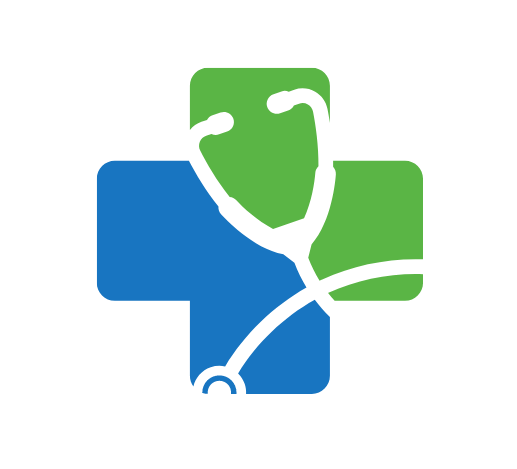Dealing with complaints professionally at the workplace
Workplace complaints may start as whispers or emails, yet your response shapes trust and culture; a calm, structured approach protects relationships and preserves morale and reputation. Why begin with a clear definition? What counts as a complaint in your setting? A complaint is any expression of dissatisfaction. It may arrive verbally, in writing, or through…
Read more











 then "Add to Home Screen"
then "Add to Home Screen"